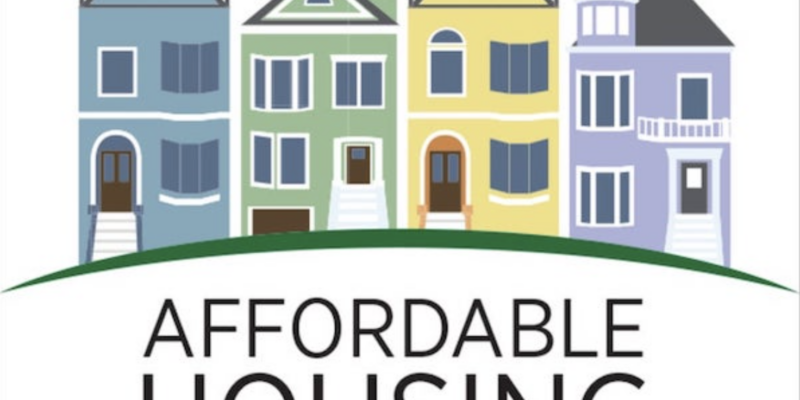Since the early 1990s, the state of Florida has raised funds for its Affordable Housing Construction Program by gradually increasing the real estate documentary stamp taxes that are paid at closing by buyers on all real estate transactions throughout the state.
Florida’s red-hot real estate market and the spike in the volume of real estate transactions over the past year have directly led to an increase in funds available to finance affordable housing construction- a total of $423 million dollars, according to Jamie Ross, the CEO of the Florida Housing Coalition.
Fresh on the heels of this surge of available funds to the Sadowski Trust fund, Republican legislative leaders, House Speaker Chris Sprowls (R-Palm Harbor), and Senate President Wilton Simpson (R-Trilby), have announced a hybrid affordable housing/public works plan that retains 1/3 of these funds for affordable housing construction and allocates the remaining two-thirds ($282 million) and divides it between coastal flooding prevention initiatives and a wastewater grant program that remediates septic tank issues that are causing immediate environmental damage.
Sprowls and Simpson are pushing to make the allocation of these funds into a permanent three-way split between affordable housing, coastal flooding, and wastewater programs.
Mandating a permanent three-way split between these competing budgetary concerns could become problematic down the road- the importance and/or priority of any of these issues could increase or diminish in the future, and it would certainly be imprudent to assume that the level of funds generated by a hot real estate market will continue indefinitely.
Rep. Josie Tomkow (R-Polk City) has noted that the Affordable Housing Trust Fund has averaged about $160 million over the past five years- effectively countering characterizations by some critics that the funds available for affordable housing were being “swept” or “raided” by the Sprowls/Simpson proposal.
Just this week, after negotiations between the Governor and the legislature, an amendment to
was filed on Monday that changes the distribution of the available $423 million and allocates $200 million for affordable housing construction, leaving the remainder $222 million for coastal flooding and wastewater grants.
Governor Ron DeSantis’ initial FY 2021-22 budget recommendation had earmarked the full $423 million for Affordable Housing- $297 million for the State Housing Initiatives Partnership Program (SHIP) and $127 million for the State Apartment Incentive Loan (SAIL) Program.
DeSantis has been praised by Ross and others who support funding the construction of affordable housing— what the best return on investment for these available public funds is, as well as what the most cost-conscious way to appropriate them between competing interests is set to be determined before the close of the current legislative session.





